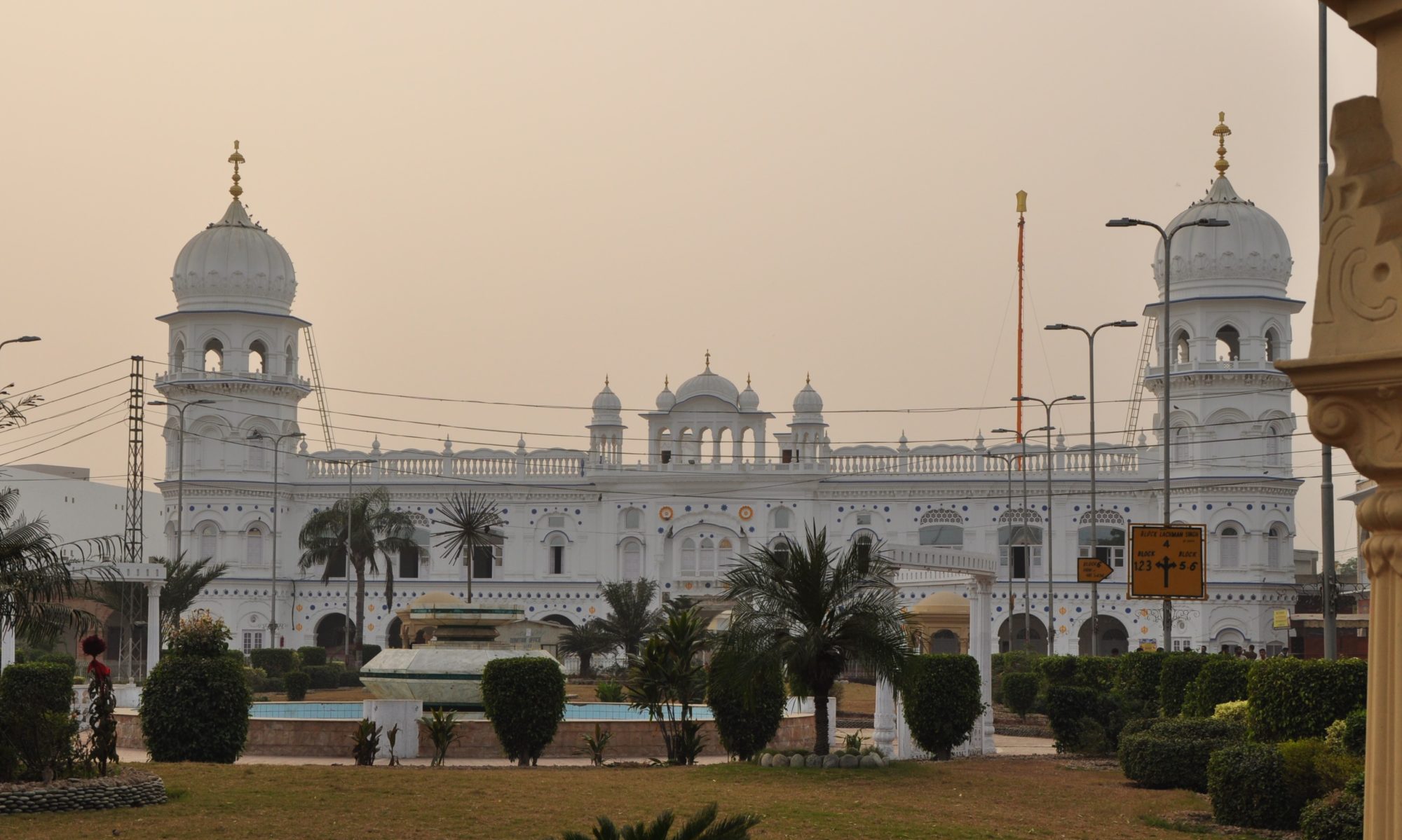“I was in my parents Gurdwara over the holidays and I don’t think I understood even 10 percent of what was said. This is due to my inadequate understanding of Punjabi,” a youth remarked recently.
This is definitely a “problem” especially with the Sikh youth in the Western countries. The inadequate knowledge of Punjabi stems probably from the fact that parents don’t put an effort to speak Punjabi at home… especially when their kids are young. Many among both the parents and the children, say that because they spend better part of the day around the English speaking people, they don’t get a chance to speak Punjabi.
Lately I have come across programmes in Gurdwaras being conducted in English! Is the use of English in Gurdwaras the trend of the future in the West? Should the use of English in Gurdwaras be encouraged to attract the youth, or opposed as a dilution of the Sikh culture and practices. A controversy is continuing on the topic among the Sikhs here. Here are some points and counter-points:
I am sure that many young Punjabis, especially those born and raised in the US/Canada/UK would benefit from more English being used in the Gurdwaras. The coming generations in the West are certainly not going to be as conversant in the Punjabi language as the community is today, and so English will become increasingly useful in the future as well.
However, there is an inherent problem with using English in Gurdwaras in the sense that a lot of stuff just doesn’t translate adequately or in English could sound really “strange”. Also it would have to be a dual language delivery as we have a large number of those who do not understand English at all.
On the other hand many young Punjabis would benefit from learning the Punjabi language. We speak enough of English in the work place; places like the Gurdwaras and our homes are the only places where we can really be in touch with our very own language. The use of English even in Gurdwaras paves the way for the extinction of Punjabi! The community should make an effort to teach Punjabi to the young and not try to preach the sermons in English!
English is necessary in order that the ceremonies can be comprehended fully by a majority. Most of those attending can comprehend everything said in English, and only a few, mainly older folks, can comprehend the Punjabi well. The crucial point is that the elders are already knowledgeable about the religion, and the ceremonies in English won’t hurt them, whereas, the young folks are the ones who need to be informed about religion and the best way to do so is to inform them in the language they comprehend best – not the language that the elders feel more comfortable with.
English will have to be accepted if the religious tradition is to continue strong. However, some young people must be adept at Punjabi in order to be able to be the torch-bearers in the future and serve the community. Also every Sikh should have some knowledge of Punjabi so as to comprehend Gurbani and Sikh History well. Conscious effort is needed to learn Punjabi, but it is not hard with so many Punjabi-speaking people around. I feel the youngsters will do well to make hay while the sunshines. Gurbani can be appreciated fully only if one can comprehend it without a translation.
In one of his books, Essays in Sikhism, first published in 1944, Teja Singh, the late principal of Khalsa College, Amritsar, addressed this problem in the following way: “As long as Sikhism had to deal with people whose language was akin to Punjabi or Hindi, it had all possibilities of advance. But as soon as it came in contact with people who could not be approached in the original language of the Sikh Scriptures, the attempt failed, because those responsible for the missionary work were not yet certain whether they could use translations in place of the original.” This is the problem. Can Malayalam, or for that matter any other language, serve the purpose of the Guru’s Word? If Sikhism is to go to America or England, which language is to be used by the new converts, English or Panjabi? They will have to recite prayers individually, and approach God in their own tongue. How can their prayer be realistic if offer it the original Panjabi?”
How this scenario plays out only time will tell. There are good arguments from either side. I personally feel that increasing use of English in Gurdwaras of the West is inevitable. I would rather put more emphasis on keeping the youth engaged in Punjabi culture by bringing them to the Gurdwara, not forgetting to celebrate the Sikh festivals, visiting Punjab, and speaking Punjabi at home as much as possible.
If I may end on a personal note: After having been in America since 1963 it pleases me so much to hear, both in America and on visits to India: “You still speak such good Punjabi!”
Amir Tuteja
